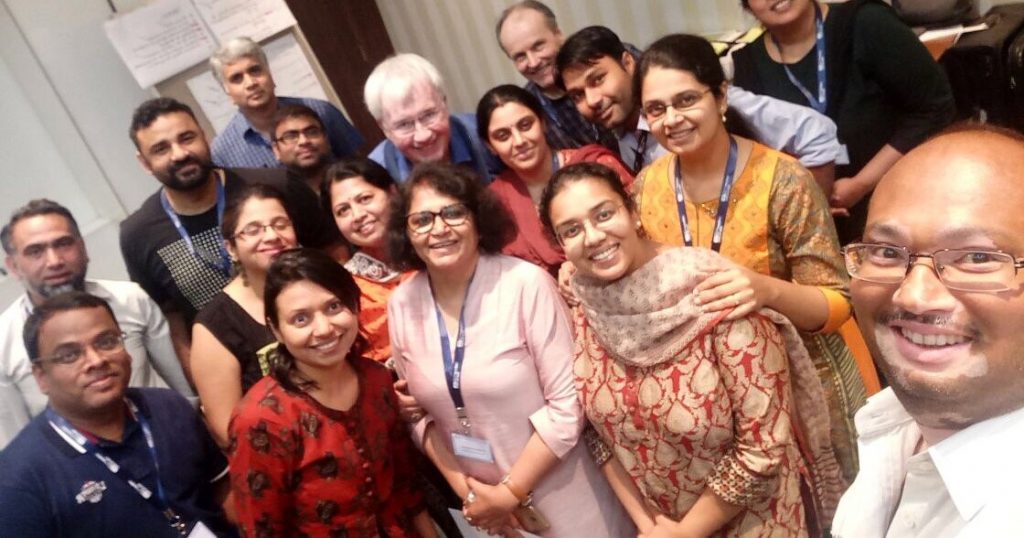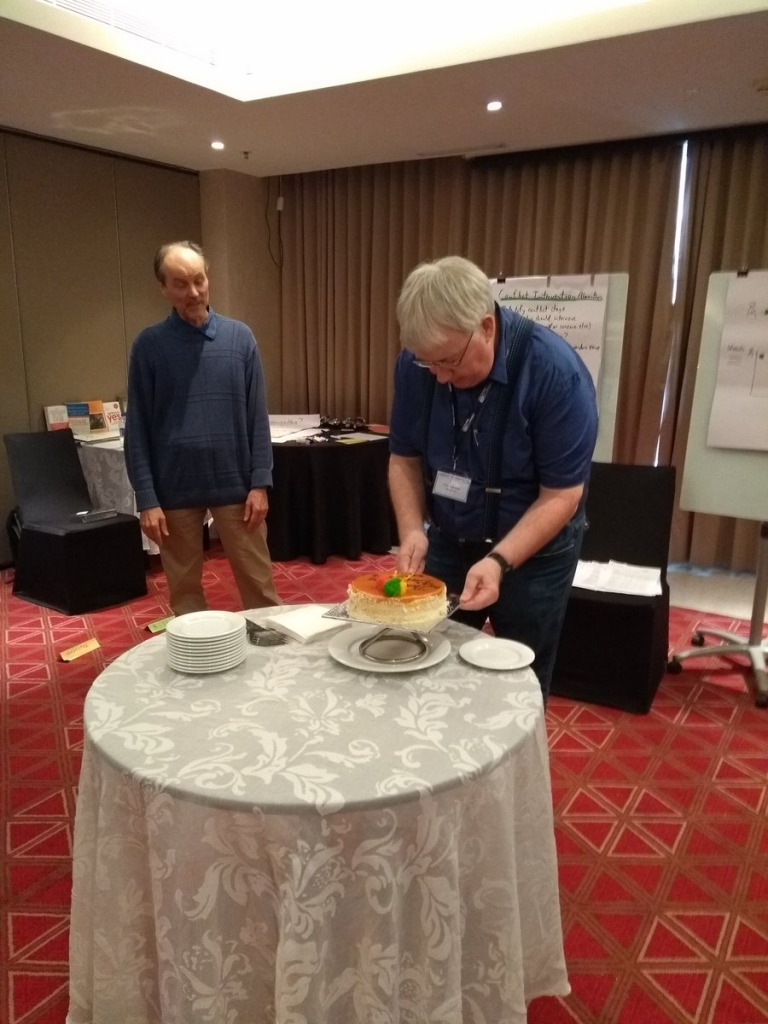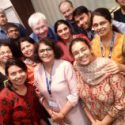“The one who plants trees, knowing that he will never sit in their shade, has at least started to understand the meaning of life.” — Rabindranath Tagore
One way we sometimes define the task of the leader is this: It is his or her job to prepare the next generation for the challenges they will meet when their time to lead arrives. Naturally, passing along the knowledge we elders have gained over time also has its more immediate rewards. These include seeing the faces of younger colleagues light up with understanding when our message connects with them. And the feeling of satisfaction that arises when we note our charges’ increasing self-confidence and willingness to accept greater responsibility in their teams and institutes.
Nonetheless, it is also true that many of the seeds today’s leaders plant will only come to fruition at some remote point in the future. This is the truth implied in the above quotation. When asked, “Why lead?” a veteran of the job might thus answer, “Because I have started to understand the meaning of life!” This multi-layered answer would seem to be typical of India, where the edifice of modern science is being built on an ancient foundation of deep insights into human existence.
We recently had the privilege of facilitating two workshops for research group leaders in Delhi and Hyderabad. These followed the familiar format of the EMBO research leadership workshops that we have been conducting for many years in Europe and, more recently, in the United States. This initiative, undertaken as a joint venture with The Wellcome Trust / DBT India Alliance, was part of EMBO’s continuing efforts to promote high-quality training and research among scientists around the world.
One ancillary goal of these two workshops was to learn how to transfer the good leadership practices discussed in the existing EMBO workshops to the research settings found on the sub-continent. Hofstede’s model provides a framework to understand India’s culture. At each step in the process, we made the required minor adjustments, together with the participants, so that the material fit to their environment, which is both more hierarchical and more male-dominated. Based on the response of the participants, it seems clear that the tentative answer to the question of the workshop’s suitability for India is “yes.” Granted, it is in the nature of leadership training that its true utility only becomes apparent after the workshop is over.
Before issuing a final judgment, the workshop participants must, therefore, return to their work environments, begin implementing the new concepts and strategies they encountered during our four days together and collect data on the observable effects. Only then will truly reliable information exist.
This being said, our experiences with some of India’s best and brightest make us optimistic about the positive ripple effects that may be expected. The eagerness with which the participants threw themselves into the work at hand, the insights revealed via their countless probing questions, their willingness to share openly of their own experiences — both happy and unhappy — make clear that they were not just there as spectators, but as co-creators of a deeply meaningful learning experience and promoters of useful change “back in the lab”.
Two moments stand out in particular. During the EMBO module on team dynamics—which includes building a series of dioramas on the floor using colourful plastic figurines – the group became so engrossed in the emerging team sculptures that they slid from their seats and crept, one by one, up to the display. Eventually, virtually the whole group was gathered around the dioramas, sitting cross-legged on the floor, listening to a captivating story. This was a priceless moment and a novum in our experience as facilitators. And, at the end of the workshop, the taking of group selfies (apparently, an inviolable Indian tradition) lasted a good ten minutes, since nearly everyone wanted their own personalized souvenir of the occasion. We now have evidence you can just about squeeze eighteen people into a selfie!


Another first for us was the cake of gratitude that suddenly appeared at the end of the course in Hyderabad – evidence of Southern hospitality.
Google #EMBOIALSLabLead for more tweets and selfies from the courses.
Before closing, we’d like to offer a special vote of thanks to Luis Valente (EMBO) and Shahid Jameel (India Alliance) for making this exciting new venture possible, and our on-site coordinators, Sarah Iqbal and Saritha Vincent, for all their organisational magic to ensure a smooth and most enjoyable visit. Their advance work contributed greatly to the successful execution of the workshops and ensured that we “innocents from abroad” arrived safely and on-time at the appropriate location to carry out our duties — Delhi and Hyderabad traffic conditions notwithstanding.
Finally, another quote from India’s great Nobel laureate, Rabindranath Tagore:
“Reach high, for the stars lie hidden in you. Dream deep, for every dream precedes the goal.”
This expresses beautifully our wishes and hopes for all our new friends in India. You have much to offer the world of science and the world beyond science. Reach high, dream deep, and make it so.
With fondest regards from Baden-Baden,
CJ and Billy


Thanks CJ and Billy for coming to India to do this. The feedback has been great. We look forward to more workshops. Best regards.
Shahid
Dear Shahid,
many thanks to your leadership for providing the opportunity to work with these great groups of researcher leaders.
Warm regards, CJ